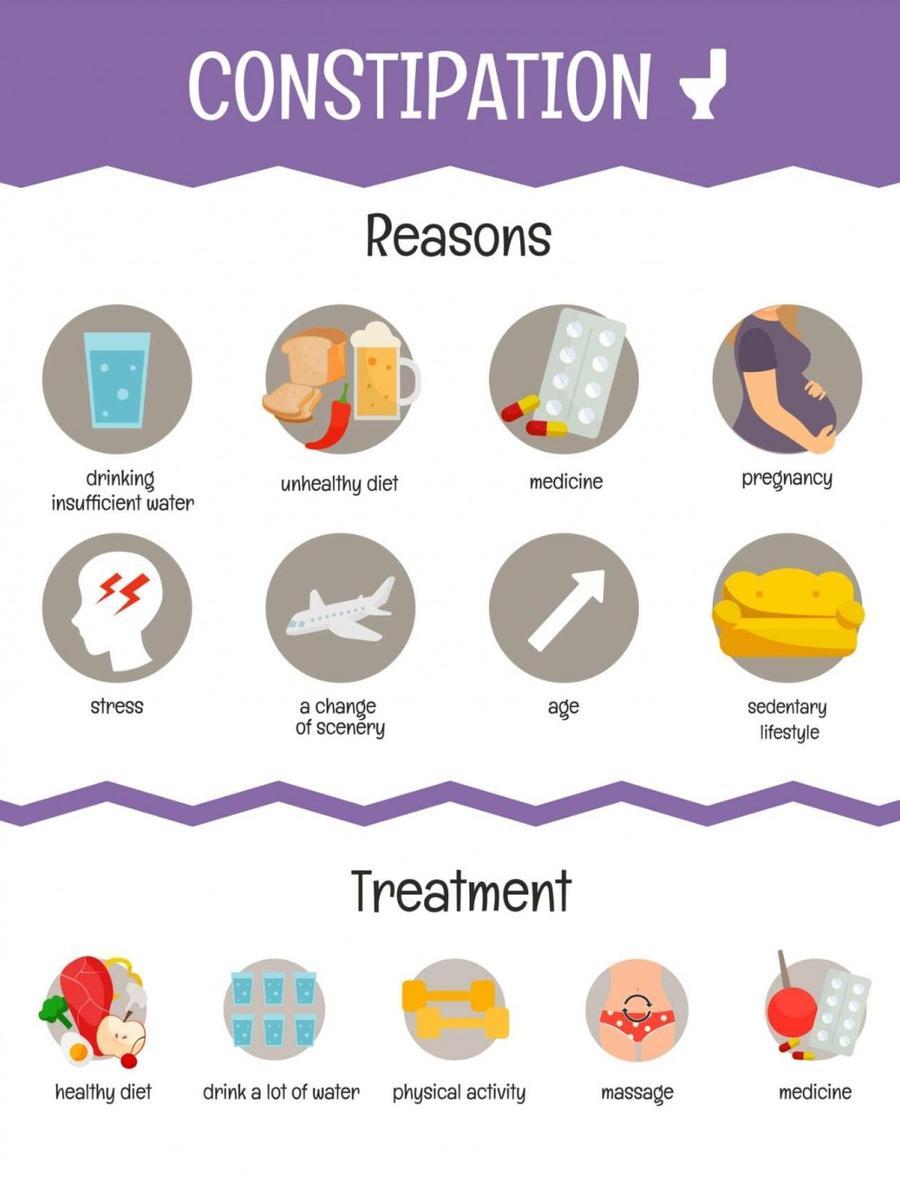/sc-assets/prd/practices/6337d364-c565-473f-892f-3262d1a5d020/2VrozWj7FDDqROz6KZQp6_13mpeAOhCwTN6AN3so36YiuUCzFeIAuNBSZ_acvM-bmR0fALTCtZ_iwO9aqAunIFWS2amLzlw.png)
Who Wants to Talk about Constipation Pain?
/assets/images/provider/photos/2465643.jpg)
Who Wants to Talk about Constipation Pain?
Jun 05, 2020
Constipation pain is not something we want to hear about it. Complaining about your pain or difficulty passing a stool is not an ideal dinner conversation, and no matter how close you are to your friends and family, constipation pain is not something you want to know about them. And when you’re feeling stopped up, you probably hesitate to speak up about it. But there is a person who wants to know about your constipation—your GI doctor. Our team at Carolina Digestive Health Associates will not plug their ears when you talk about your bowel movements and GI problems. Although there are various causes of stomach pain, we’re here to help you understand what may be causing your constipation and help you find a remedy.
Am I Constipated?
- Have you had less than three bowel movements during the last seven days?
- Do you feel like you never fully empty the stool from your rectum?
- Is your stool hard or lumpy?
- Do you feel like something is blocking you from having a bowel movement?
- Do you strain to pass a stool?
If you answered “yes” to any of the questions listed above, then you are most likely constipated. If you have experienced any number of these symptoms for more than three consecutive months, then you may have chronic constipation. Whether your constipation comes and goes, or is teetering toward chronic, it’s important to see a GI specialist. Ignoring the issue may lead to a more serious GI problem.

Causes of Constipation
Medication is a chief source of constipation, especially opioids. Opioids affect the entirety of your digestive tract, slowing down the movement of the stool through your colon. Cancer patients and people with severe, chronic pain take opioids. Talk to your doctor if this prescription is causing constipation.
Constipation is also a side effect of many prescription and over-the-counter drugs. Read medicine labels to find out if your constipation is a result of your antidepressant, sedative, iron supplement, anticholinergic, or diuretic. You may experience constipation after long-term use of laxatives. Laxatives are known to damage the nerves in the colon which prevent its ability to contract and push the stool out of your body. Other causes of constipation include aging, pregnancy, and traveling.
As you get older, the muscles in your abdomen and the activity of your intestine decreases which leads to constipation. Even though you can’t stop your body from getting older, your doctor can help you stay regular. Hormonal changes as a result of pregnancy, as well as the added pressure your uterus puts on your intestine make constipation inevitable. Traveling can cause constipation because of the sudden changes in your diet and schedule. Thankfully, constipation as a result of pregnancy or traveling is only temporary.
Relief from Constipation
What’s the fastest way to experience relief from constipation? Adjust your lifestyle habits in two areas—diet and exercise. The two buzzwords for healthy living, diet and exercise affect your risk for cancer, cardiovascular issues, and many GI issues. Increase the amount of fiber you consume to promote easier passage of stool. Fiber absorbs water which makes your stool larger and softer. Fiber-rich foods include bananas, oranges, apples, strawberries, raspberries, dark, leafy greens, beans and legumes, and grains. Increasing water is also essential. Exercise enhances your muscle tone, strengthening the muscles required to a successful bowel movement and reduces the amount of time food passes through your intestine.
If you make these adjustments to your lifestyle and still experience constipation on a regular basis, don’t hesitate to make an appointment at Carolina Digestive Health Associates. Our GI specialists will willingly listen to your concerns and help you determine what may be causing constipation. Our goal is to help you get back on schedule without making you feel uncomfortable or embarrassed.
/sc-assets/prd/practices/6337d364-c565-473f-892f-3262d1a5d020/best-ambulatory 2025-1730838922341.png)